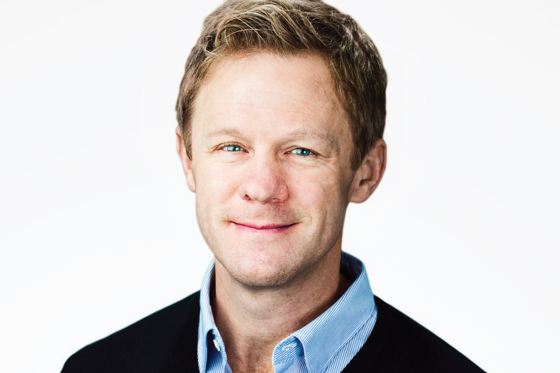In the past year, Google has rolled out multiple hotel products, including a Book on Google tool that allow reservations to be handled directly by the hotel, a translation tool piloted by Hyatt Hotels Corp., and a mobile feature that allows users to track hotel prices over time as well as compare prices with other hotels in the same destination. More recently, Google bundled its travel services in one place to launch Trips, which lets users plan travel by searching a destination to find hotels, flights, travel guides and vacation packages.
These initiatives are all about matching up the right person with the right need, according to Google’s head of industry, travel Dustin Bomar. “I think from the hotel side of things, so much of it is around filling the rooms and around filling the right rooms,” he said. “Big chains like an IHG or a Hilton have many properties in a particular city, but not all of those properties have the same business needs.”
It’s not about just filling the hotel as inexpensively as possible but “finding the right person for the right hotel need,” added Bomar, 42. “With all the first-party data that’s available to hotel suppliers, you can really steer your acquisition media toward new customers or specific customers that you want to stay in your hotel.”

Bomar, who joined Google in 2017, comes from a hospitality background including seven years with Hilton, ultimately as vice president of digital acquisition and brand marketing.
“I loved it, I loved being there,” he said. “Working on the supplier side and working at Hilton really has helped me in this role. Google genuinely tries hard to be a real business driver and not just a media or a technology partner. Google tries to help solve a business need, and having first-hand knowledge of what that business need looks like in the hotel space, I think, has really helped me here when I work with, say, IHG and some of the other hotel partners. I understand more of the nuances than if I hadn’t spent time on the hotel side of things.”
The middle of three sons, Bomar got into digital early on. He started as a marketing associate for AltaVista, followed by time at Travelocity (where he discovered a taste for travel) before going on to work for Hilton.
“Dustin has in-depth knowledge of the travel industry and has an ability to see the points of view of the stakeholders in the ecosystem,” said Google’s Jennifer Wesley, industry director for travel. “This has made him invaluable in many conversations with our partners large and small. He has a sharp wit and a great ability to improv in the moment. He would make a great talk show host.
“I think of him as a catalyst for thoughtful, smart evolution. He thinks strategically about how travel partners can embrace digital and ensure they are meeting the customer expectations of a seamless, frictionless, real-time experience,” Wesley added.
Looking forward
Hotel companies have long been seen as being unwilling to invest in technology — and for not doing it quickly enough when new technology comes to market.
“Google is very good about getting things out there quickly and evolving quickly,” Bomar said. “I think generally, it’s fair to say that hotels, especially on property, have a harder time being quick, but that comes with the burden of in some cases having thousands of physical assets that are franchised-owned. And you may have a hard time getting a franchise owner to invest capital in that property if you have no idea what the upside is going to look like.”
One prediction he’s willing to make about the future of digital: “It used to be when you talked about customer acquisition with Google, you’d have a list of millions and millions of keywords and you would be getting very granular on them. But more and more, as audience capabilities improve, you don’t have to focus on keywords as much,” Bomar said. “It’s much more about the intent, and there are plenty of ways to identify intent and use the keyword as kind of the platform for getting in front of the right person. You can kind of set the guardrails and let AI take over. And then AI can use the massive reach that’s available on search and go get that right person.”
